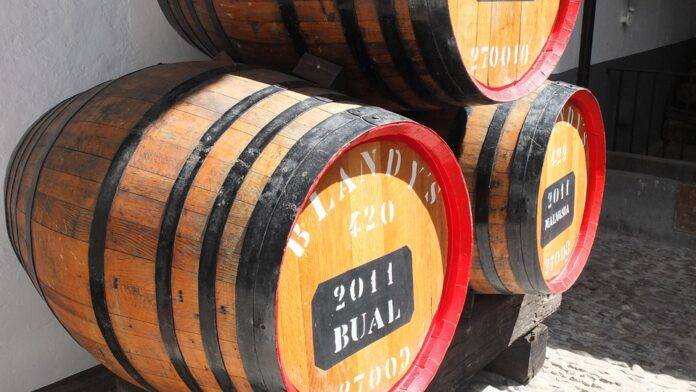Introduction
Madeira, a Portuguese archipelago located in the Atlantic Ocean, is renowned for its unique wine production. The volcanic island terroir of Madeira plays a crucial role in adding complexity to the wines produced in the region. In this report, we will explore how the volcanic soil, climate, and topography of Madeira contribute to the distinctive characteristics of its wines.
Volcanic Soil Composition
Mineral-Rich Soil
The volcanic soil of Madeira is rich in minerals, which are essential for the healthy growth of grapevines. The porous nature of volcanic soil allows for good drainage, preventing waterlogging and ensuring that the vines receive the right amount of water. The presence of minerals such as potassium, magnesium, and iron in the soil adds complexity to the wines by influencing the flavor profile of the grapes.
Acidic Soil pH
The volcanic soil of Madeira tends to have a slightly acidic pH, which is beneficial for grape cultivation. The acidity of the soil helps to regulate the pH levels of the grapes, resulting in balanced and well-structured wines. The acidic soil also imparts a unique minerality to the wines, which is highly prized by wine enthusiasts.
Climate and Topography
Temperature Fluctuations
The climate of Madeira is characterized by moderate temperatures and high humidity, with significant temperature fluctuations between day and night. These temperature variations are conducive to the slow ripening of grapes, allowing them to develop complex flavors and aromas. The cool nights help to preserve the acidity of the grapes, contributing to the overall balance of the wines.
Altitude and Slope
The mountainous topography of Madeira, with its steep slopes and high altitudes, creates unique microclimates that are ideal for grape cultivation. The elevation of the vineyards allows for better air circulation, reducing the risk of disease and promoting even ripening of the grapes. The steep slopes also help to drain excess water, preventing waterlogging and ensuring optimal growing conditions for the vines.
Wine Production in Madeira
Historical Significance
Madeira has a long history of wine production, dating back to the 15th century when Portuguese explorers first planted vines on the island. The unique terroir of Madeira, combined with traditional winemaking techniques such as aging in oak barrels and oxidative maturation, has resulted in wines that are prized for their complexity and longevity.
Key Players in the Industry
Several prominent wine producers in Madeira, such as Blandy’s, Henriques & Henriques, and Barbeito, are known for their high-quality wines that showcase the distinctive terroir of the region. These wineries have invested in modern winemaking equipment and techniques while preserving the traditional methods that have been passed down through generations.
Market Trends and Financial Data
Export Market Growth
In recent years, Madeira wines have seen a surge in popularity in international markets, with exports to countries such as the United States, the United Kingdom, and Germany on the rise. The unique characteristics of Madeira wines, including their complexity and versatility, have attracted a growing number of consumers looking for distinctive and premium wine options.
Financial Performance of Wineries
The leading wineries in Madeira have reported strong financial performance in recent years, with steady growth in sales and profitability. Investments in marketing and distribution channels have helped to expand the reach of Madeira wines in key markets, driving revenue growth for the wineries. The increasing recognition of Madeira as a premium wine-producing region has also contributed to the financial success of the wineries.
In conclusion, the volcanic island terroir of Madeira plays a crucial role in adding complexity to the wines produced in the region. The mineral-rich soil, unique climate, and topography of Madeira create optimal growing conditions for grapevines, resulting in wines that are highly prized for their complexity, balance, and longevity. The continued success of the wine industry in Madeira is a testament to the quality and distinctiveness of the wines produced in this unique terroir.


